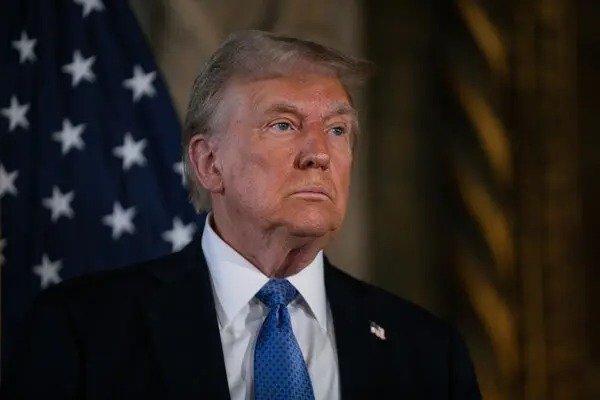With a September deadline approaching to keep the government funded, Democrats are facing a difficult choice: cooperate on spending bills crafted by Republicans and risk appearing to cave to President Donald Trump, or oppose them and risk triggering a government shutdown.
Earlier this year, Democrats reluctantly supported a Republican-written stopgap funding bill. That vote, led by Senate Minority Leader Chuck Schumer and a handful of others, was meant to prevent a shutdown that could give the Trump administration more power over federal spending. However, the decision drew sharp criticism from Democratic voters and activists, who accused their leaders of giving in without a fight.
Now, with Trump and House Republicans once again pushing cuts to previously approved spending, Democrats are more wary. In July, Republicans passed a bill to roll back $9 billion in spending already approved by Congress, despite full Democratic opposition. The White House is expected to send another rescission package soon.
“It is no secret the path to advancing more of our bills is going to be harder because of the unprecedented, partisan rescissions bill that Republicans just passed,” said Senator Patty Murray, the top Democrat on the Appropriations Committee. “It is extremely frustrating.”
Russell Vought, the director of the Office of Management and Budget, stirred more tension when he declared the appropriations process “has to be less bipartisan.” Democrats saw the remark as undermining years of cross-party cooperation on funding measures.
Despite these tensions, the Senate opened floor debate this week on a relatively low-conflict spending bill covering veterans and military construction, passing a procedural hurdle with broad bipartisan support. Some Democrats view this as a sign that at least some basic funding bills may move forward without major fights.
Still, Democrats remain cautious. In a private meeting this week, Democratic leaders from both chambers met in Senator Schumer’s office to prepare for the looming budget battle. Their main concern: preventing the White House from again canceling funds after Congress approves them.
Senator Chris Van Hollen of Maryland suggested that a way forward could involve securing public commitments from at least four Republican senators to oppose future rescissions. That would be enough to block further cuts in the Senate.
Senator Chris Murphy of Connecticut echoed the frustration. “Republicans have made an enormous mess,” he said. “They are not credible negotiators.” He and others argue that rescinding approved funds violates the trust needed for bipartisan agreements.
Schumer added that using rescissions to bypass congressional authority undermines the legislative process. “They shouldn’t be doing rescissions, plain and simple,” he said.
The situation is further complicated by the House, where Republicans are proposing spending bills with sharp reductions. One measure cuts foreign aid and State Department funding by 22 percent. Some conservatives say these cuts still do not go far enough. Others pushed to remove language that would have made it harder for the White House to rescind funds in the future.
Representative Andrew Clyde of Georgia said, “I like the president’s budget. I think we should hold to those levels.”
Meanwhile, Senator John Thune, the Republican majority leader, has tried to shift potential shutdown blame to Democrats. He argued that their anger over the rescissions is not enough reason to block funding bills.
“The Democrats have indicated, because they’re so upset over the rescissions bill — which, by the way, cut one-tenth of 1 percent of all federal spending — that somehow they can use that as an excuse to shut down the appropriations process and therefore shut down the government,” Thune said. “We think that would be a big mistake.”
As both parties dig in, the risk of a government shutdown this fall is real. For Democrats, the challenge lies in balancing opposition to Trump’s spending cuts with the political and practical consequences of letting the government close.







